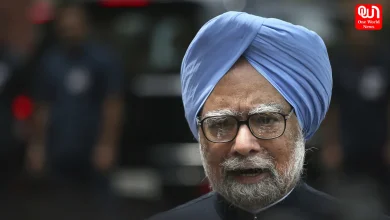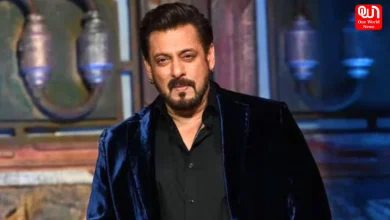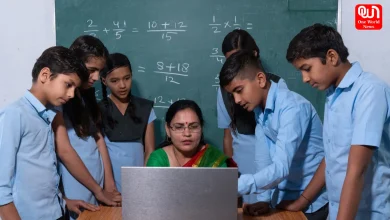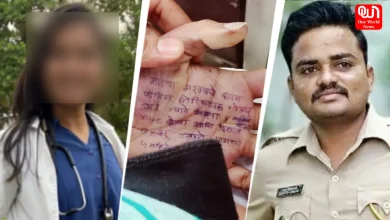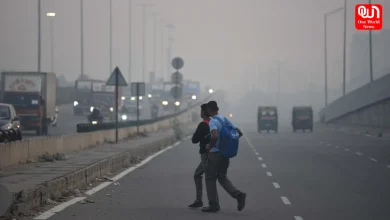Democracy in Action: A Guide to Voting in India
Voting: Unlock the power of democracy! Learn how to vote in India, from registration to casting your ballot, in this comprehensive guide.
Democracy in Action: A Comprehensive Guide to Understanding the Electoral Process and Casting Your Vote in India
Voting is the key to democracy and it seeks to enable the citizens to play an active role in determining the future of their country. Similarly in the world’s largest democracy India the right of voting is coupled with the responsibility to vote. Knowing how to engage helps your perspective get included and thus helps contribute to the rich fabric of Indian democracy.
read more: Discover the Best Books for Happiness
1: Voting and Voting Perks: Before voting, take time to read through the eligibility requirements and go through the registration process where necessary. The voting age in India is 18 years and above and every citizen of that age is allowed to vote. To be eligible to participate, one is required to get registered in order to be able to be registered as a voter. This can be done online via the Election Commission of India’s internet site or at the specified voter registration centers or even via other approved mobile applications.
2: Voter ID Card: The Voter Identity card as a necessity in order to vote in India. It is used in affirming one’s identity and is essential if one wants to vote in the election. To get a Voter ID card, the applicant needs to fill in the application form and submit the required documents which include, age proof, address proof, and other identity proof to the election commission. Once you have received one, kindly guard the Voter ID card as this is your tool for voting.

Read more: Know the Right Age for Sex!
3: Learn About the Electoral: Constituencies, Candidates, and Voting Techniques Learn more about the electoral system and options of constituencies, candidate choices, and techniques of voting. India practice the parliamentary system of governance and elections are conducted for the central post, state, and local organs. Study the persons who are vying for the parliamentary seat in the electoral district of your choice and analyze their policies before voting.
4: Voting: On the Election Day, go to the voting center as prescribed by the polling station accompanied with your Voter ID card. Maintain political etiquette, including listening to the election officials, standing in a line, and voting using the electronic voting machine (EVM) or postal votes under some circumstances. Preserve anonymity as you are exercising your right by casting your vote since it is an important aspect of democracy.
We’re now on WhatsApp. Click to join.
Conclusion: In India, voting is not only one’s privilege but also an obligation that democratically makes them agents of change to the country. Therefore, by knowing how an election works, how to register, and how to vote wisely, you keep the torch of democracy alive that defines India today.
Like this post?
Register at One World News to never miss out on videos, celeb interviews, and best reads.


